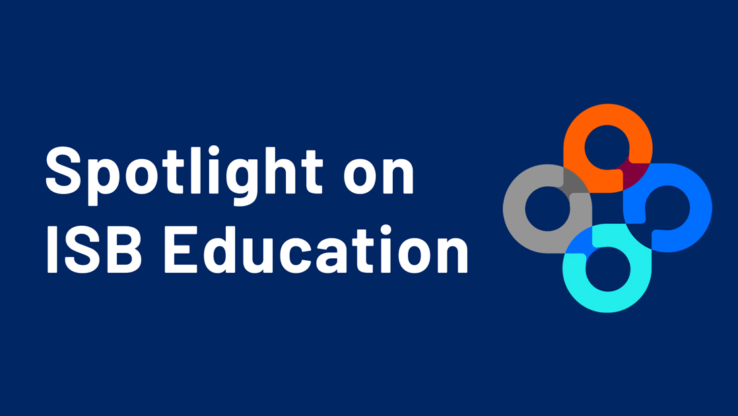The Women of ISB: Phyliss Lee, Software Engineer
 isbscience.org/news/2015/03/20/isb-women-in-stem-phyliss-lee-software-engineer/
isbscience.org/news/2015/03/20/isb-women-in-stem-phyliss-lee-software-engineer/Name:
Phyliss Lee
Lab:
Research:
I help create websites and pages for the Cancer Genomics Cloud Pilot Project. The tools that I’m building will not only help scientists gather petabytes of cancer genomic data faster, but will also help them run analyses and visualize the data graphically. What I’m building has the potential to reach millions of people.
Working at ISB:
What I like about being in science is that there are truly no stupid questions. Working at ISB has thrown me into the deep end of biology. I’d never taken a biology class in my life. But the scientists here are so passionate and are happy to talk to me about their research. I’m also so fortunate to work on a team that’s about 50-50 female developers, software engineers.
Advice for future software engineers:
I definitely encourage young girls to start coding. It not only helps you build cool things, but it also helps you think about everyday decisions in a more rational manner.




